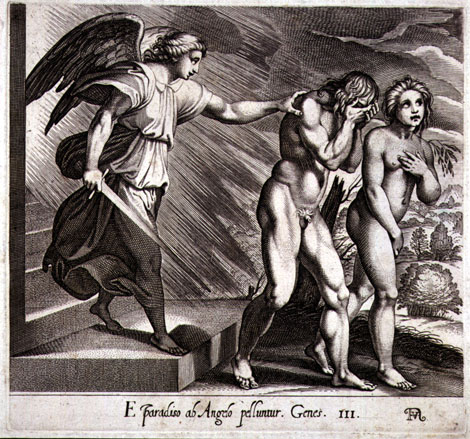About the poet: Sir Henry Wotton was an English author, diplomat and politician who sat in the House of Commons in 1614 and 1625. He was born on 30th March 1568 to Thomas Wotton (1521–1587) and his second wife, Elionora Finch. His family had multiple men with careers in politics. For example, Sir Henry was the youngest brother of Edward Wotton, 1st Baron Wotton, and grandnephew of the diplomat Nicholas Wotton.
Summary:
The poem ‘Honest thought and Simple Truth’ consists of six stanzas. Each of these stanzas is made up of four lines. Hence, the poem is composed of twenty-four lines in total.
1st stanza:
In this stanza, Wotton says that a happy man is he who is self-willed from birth, and whose life-long learning also reinforces this tendency. Such a man does not serve the interests of anyone but himself. However, that does not make him wicked or scheming. Rather such a man is able to protect himself from such malicious thoughts through his honesty. He tends to, and is also taught to, always speak the truth. By not lying, he never hurts or harms anybody.
2nd stanza:
In this stanza, Wotton continues to describe how the ideal man should be, according to his own views. For Wotton, the ideal man is one who is in control of his emotions – not indulging in excessive joy, or in excruciating sorrow. He is instead indifferent to both. This man is one who knows that life is short, and consequently, he is always prepared for the arrival of death.
3rd stanza: In this stanza, Wotton says that the ideal man is never envious of those in a better position than him. These might be people who have become financially prosperous entirely by luck, or else they might have gained riches through indulgence in illegal and immoral activities. However, as the ideal man is unmindful of these people, he never blames his fate for his lack of riches, nor does he dream of taking part in criminal activities to remedy the situation. The ideal man also doesn’t understand how one can “damn with feigned praise”, that is, seem to say good things while actually insulting the addressee of their remarks. T
4th stanza:In this stanza, Wotton says that the ideal man never listens to the grapevine. Therefore he never judges a man based on the rumours that have been spread about his character. Rather he always gives every man the chance to speak for himself. When the ideal man is faced with a difficult problem, he does not rely on others’ words to find a way out.
6th stanza:—.In this stanza, Wotton says that most men are bound by hopes and fears, and cannot escape such bonds easily. However, the ideal man is one who isn’t afraid of ruin, nor does he crave for great success. He is happy with his lot in life. He does not own any land like the aristocracy. However, he does not live by anyone’s dictates for that reason. He seems not to possess any of the things that other men prize, but in truth he has everything – in the sense that he is indifferent to success or failure, so he will never experience any disappointment.
For a detailed analysis of the poem, which includes theme, central idea, critical analysis, solved questions and more, please visit our new website Myeduz.in (Registration is free) and if you want to know more about our new project Myeduz, and how will you be benefited, please click here
Some online learning platforms provide certifications, while others are designed to simply grow your skills in your personal and professional life. Including Masterclass and Coursera, here are our recommendations for the best online learning platforms you can sign up for today.
The 7 Best Online Learning Platforms of 2022
- Best Overall: Coursera
- Best for Niche Topics: Udemy
- Best for Creative Fields: Skillshare
- Best for Celebrity Lessons: MasterClass
- Best for STEM: EdX
- Best for Career Building: Udacity
- Best for Data Learning: Pluralsight
















